De Ceuvel: From industrial abandonment to sustainable innovation
- Javier Trespalacios
- Apr 23, 2022
- 7 min read
Updated: Apr 4
On the northern bank of the IJ river, the Johan van der Keuvel shipyard operated between 1919 and 1985 as a specialized center for the repair of small and medium-sized vessels, strengthening both Amsterdam's economy and port identity. After its closure, the land remained unused—industrial wasteland [1]—for more than two decades, accumulating contamination from hydrocarbons and heavy metals (Metabolic, 2016; Space&Matter, 2014).
The 2008 financial crisis drove a reformulation of urban policies in Amsterdam, leading the City Council to implement the "Broedplaatsbeleid" (creative incubator policy) [2] initiative in 2010, focusing on the temporary activation of unused land (Gemeente Amsterdam, 2010). In 2012, the architectural collective Space&Matter [3] and the consultancy Metabolic [4] obtained a ten-year concession to transform the Keuvel shipyard into the De Ceuvel project, with a dual purpose: to offer affordable facilities to creative entrepreneurs and to create a living laboratory for urban sustainability [5], demonstrating the applicability of circular economy principles in degraded urban environments (Van Odijk et al., 2014).
Description of the De Ceuvel project
In a space of 1,300 square meters, sustainable urban development is redefined, converting a toxic area into an urban ecosystem where entrepreneurs, architects, designers, artists, sustainability specialists, and non-profit organizations coexist (Metabolic, 2016).

De Ceuvel plan (Photo: Javier Trespalacios)
The site is governed by the De Ceuvel Association, a community organization that, through participatory processes, ensures social cohesion and promotes sustainable development aligned with circular economy principles. Its main infrastructures include:
Converted Houseboats: Vessels recovered from Amsterdam's canals, transformed into workspaces; preserving their original exterior structure, respecting their cultural heritage, while their interiors have been renovated with sustainable materials (Space&Matter, 2020).

Houseboat in De Ceuvel (Photo: Javier Trespalacios)
De Ceuvel Café-Restaurant: Built with recovered materials, it functions as a social and gastronomic center for the neighborhood. It uses local and seasonal products, some grown in the neighborhood itself. Organic waste is composted on-site or processed in a biodigester to produce biogas for cooking (Metabolic Lab, 2017). Its south-facing terrace offers views of the river, being a popular meeting point for residents and visitors.
De Ceuvel Café-Restaurant (Photos: Javier Trespalacios)
Metabolic Lab: A space dedicated to education and demonstration of sustainable technologies. It houses workshops, interactive exhibitions on the project's systems, and areas for monitoring environmental data (Metabolic, 2019).
Phytoremediation Garden [6]: The "Purifying Garden" employs various plant species selected for their ability to extract and degrade soil contaminants, such as willow and sunflower (Jansen et al., 2018).
Community Garden and Urban Beekeeping: Area dedicated to the cultivation of vegetables, aromatic herbs, and edible plants, managed by the neighborhood's occupants, complemented with beehives as part of an urban beekeeping project that contributes to the area's pollination (De Ceuvel Community, 2019).
Technical sustainability systems
The project incorporates photovoltaic solar panels that generate electricity for the complex and solar thermal collectors for hot water supply for the café-restaurant and workspaces. The installation includes an energy management system with smart meters that allow for the buying and selling of energy between neighborhood inhabitants (Metabolic, 2016).
Energy efficiency is achieved in the vessels through sustainable insulation such as recycled cellulose, cork, and wool, exceeding Dutch construction standards and notably reducing heating demand (Space&Matter, 2014).
Water management is addressed by prioritizing consumption minimization and reuse maximization:
Rainwater collection system: Each vessel has a collection system that directs rainwater to individual tanks, primarily used for irrigation and, after filtration, for non-potable uses (Metabolic, 2018).
Greywater treatment: Water from showers and sinks is processed through plant biofilters located next to each vessel, allowing its reuse for irrigation (Van Odijk et al., 2014).
Composting toilets: Distributed throughout the neighborhood, they reduce water consumption compared to conventional systems. Organic waste is processed in the composting facility, generating fertilizer for green areas (Metabolic Lab, 2017).
The circular economy begins its application in waste and materials management. The system implements a classification that exceeds Amsterdam's municipal standards. The place has a recycled materials bank that promotes the reuse of elements from demolitions and renovations (Metabolic, 2018).

Circular waste management in De Ceuvel (Photo: Javier Trespalacios)
Economic Model to Incentivize Sustainability
The café-restaurant drives the circular economy with local sourcing, reducing CO₂ emissions generated by transportation, and strengthening the regional economy (Ellen MacArthur Foundation, 2019) [7]. A community fund, financed by the gastronomic establishment (60% —allocating 20% of its profits), guided tours (20%), and sponsorships (20%), is invested in sustainable infrastructure—such as photovoltaic installations and rainwater collection systems—and sustainability workshops for the community (De Ceuvel Community, 2019; Project Social Impact Report, 2021).
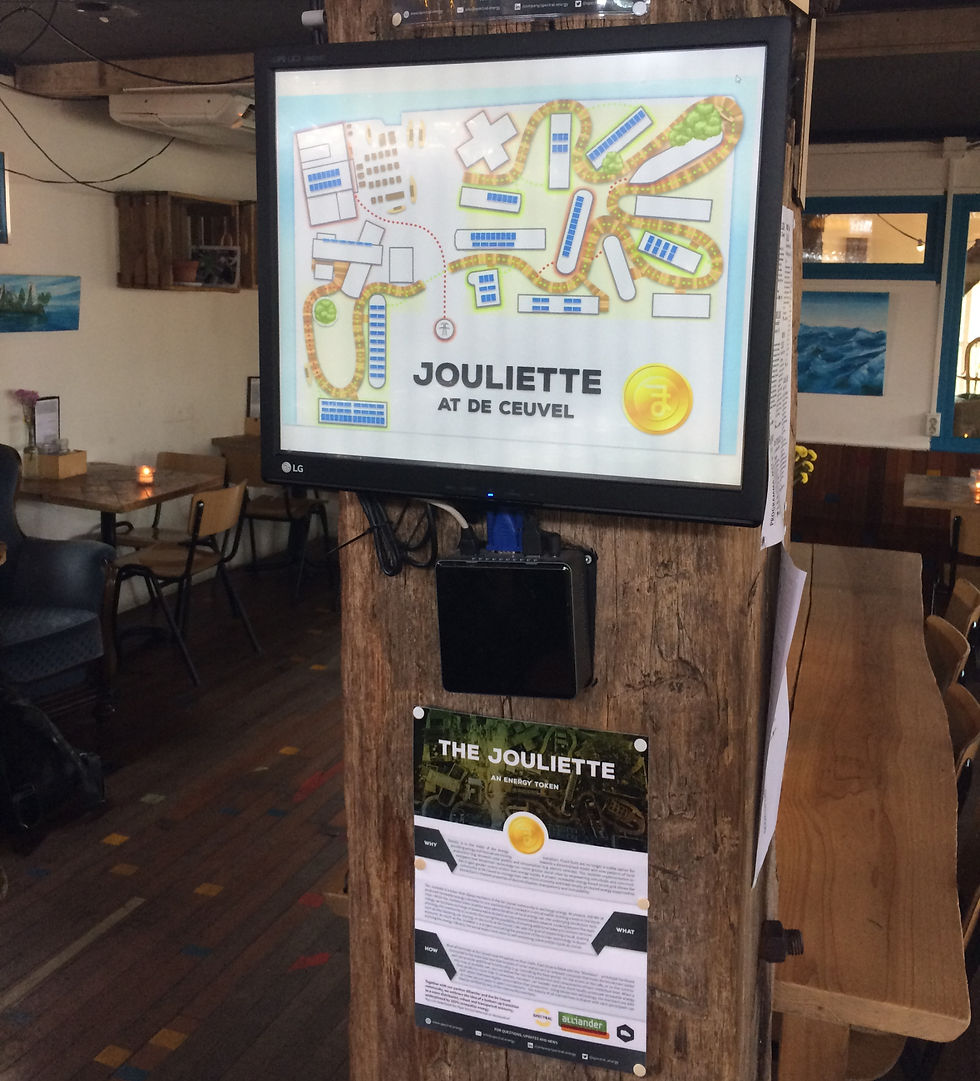
Image of the Jouliette system (Photo: Javier Trespalacios)
An innovative component of the economic model is "Jouliette" [8], a local digital currency based on blockchain technology [9] launched in 2017. Developed in collaboration with Spectral Energy. This currency (named after the "joule" unit) allows transactions within the community, rewarding sustainable behaviors such as excess energy generation or community participation, strengthening local economic resilience.
Contributions to the City of Amsterdam
The impact on the city has demonstrated the viability of temporary interventions as an urban activation strategy, inspiring similar policies in other localities. Additionally, it has driven the evolution of public programs that incorporate circular economy principles (Urban Planning Department Amsterdam, 2021). Simultaneously, it has established itself as a benchmark for sustainable tourism, expanding the tourist offer beyond the historic center.
According to data available up to 2021, the project has created 45 direct green jobs [10] and has served as an incubator for sustainability-oriented companies (Gemeente Amsterdam, 2020).
Environmental Education with a Learning Ecosystem
The project functions as an environmental education center, collaborating with institutions and municipal programs. Schools participate in practical projects on phytoremediation and rainwater systems, while Dutch universities use the space as a living laboratory. It offers workshops on urban agriculture in degraded soils and the use of renewable energies, training citizens in sustainable practices (Metabolic Lab, 2017).
Replication of the Model
The De Ceuvel concept has inspired similar projects, adapting to various urban contexts:
R-Urban (Paris, France): Urban agriculture and circular economy initiative that transforms abandoned urban spaces into centers for local production and recycling.
La Fábrica del Sol (Barcelona, Spain): Former industrial building converted into an environmental education center and demonstration of sustainable technologies.
ZK/U Center for Art and Urbanistics (Berlin, Germany): Former railway station transformed into a cultural center that integrates sustainability principles. This project specifically adapted the community participation methodologies.
The Plant (Chicago, USA): Former meat factory converted into an incubator for sustainable businesses with a focus on circular economy.
Contribution to the Sustainable Development Goals
De Ceuvel contributes directly to various SDGs (Sustainable Development Goals):
SDG 7: affordable and clean energy: De Ceuvel's decentralized and renewable energy system demonstrates the feasibility of alternative small-scale energy generation and distribution models, contributing to target 7.2 (Metabolic, 2020).
SDG 11: Sustainable cities and communities: The project exemplifies target 11.3 by promoting inclusive and sustainable urbanization, demonstrating viable methods for rehabilitating degraded urban spaces through community participation (Puerari et al., 2018).
SDG 12: Responsible consumption and production: Through its circular resource management system, De Ceuvel contributes to target 12.5 of substantially reducing waste generation through prevention, reduction, recycling, and reuse policies (De Ceuvel, 2022).
SDG 15: Life on land: The implemented phytoremediation techniques contribute directly to target 15.3 of rehabilitating degraded land and soil, demonstrating biological methods to restore ecosystems damaged by industrial activities (Metabolic, 2019).
SDG 7, SDG 11, SDG 12, SDG 15
Conclusion
The project is particularly relevant in the European context, where a large number of hectares of contaminated industrial land await rehabilitation (Metabolic, 2019). As a living laboratory for urban sustainability, De Ceuvel demonstrates how small-scale interventions can generate significant transformations in cities, replicating in other places. This project integrates innovation, community economy, job creation, and strengthening of social ties, respecting the limits of our planet.
Actions that become a "snowball effect", which grows as more communities wish to apply it in their territories... JT
*****
Notes
[1] Industrial wasteland: Abandoned industrial land or facility, characterized by its deterioration and residual contamination.
[2] Broedplaatsbeleid: Creative incubator policy implemented in Amsterdam to utilize unused urban spaces and transform them into centers for cultural experimentation and innovation. https://www.amsterdam.nl/broedplaatsen/
[3] Space&Matter: Architectural collective that transforms abandoned spaces into sustainable urban environments. https://www.spaceandmatter.com
[4] Sustainability consultancy that combines architectural design with circular economy strategies. https://www.metabolic.nl
[5] Living laboratory for urban sustainability: Real space where innovative solutions in urban regeneration are experimented with and implemented, integrating technology, design, and community participation.
[6] Phytoremediation: An ecological technique that uses plants to decontaminate soil, water, or air. These plants act as "natural filters": they absorb, store, or transform contaminants such as heavy metals or hydrocarbons, converting toxic zones into safe spaces.
[7] Ellen MacArthur Foundation: Non-profit organization created in 2010 to drive the transition to a circular economy. Its principles include eliminating waste and pollution from design, maximizing the value of materials through their reuse, and regenerating natural systems to ensure sustainability.
[8] Jouliette: Rewards for excess energy generation (0.5 J/kWh injected into the smart grid), bonuses for participation in community workshops (2-5 J/session), automated discounts at the café-restaurant when using recyclable materials (15% in J).
[9] Blockchain: A shared and immutable digital ledger where multiple users record and verify operations (such as payments or contracts) without the need for banks or intermediaries. Each new entry (or "block") is linked to the previous one through secure codes, creating a transparent and tamper-proof chain. It is used from cryptocurrencies like Bitcoin to innovative projects like Jouliette, De Ceuvel's community currency that rewards sustainable practices.
[10] The 45 green jobs—defined as roles that integrate environmental sustainability and economic development—are distributed in: circular operations (17 technicians in waste management and renewable systems), collaborative economy (19 roles: 11 in sustainable gastronomy and 8 in environmental education), and applied research (9 scientists in soil phytoremediation and ecological monitoring) (Metabolic, 2020; Van Odijk et al., 2014).
Bibliographic References
De Ceuvel. (2022). Sustainability Report 2021. De Ceuvel Foundation, Amsterdam.
De Ceuvel Community. (2019). Annual Report 2018-2019. Amsterdam.
Ellen MacArthur Foundation. (2019). Cities and circular economy for food. https://ellenmacarthurfoundation.org/cities-and-circular-economy-for-food
Gemeente Amsterdam. (2010). Broedplaatsbeleid 2010-2014. City of Amsterdam.
Gemeente Amsterdam. (2020). Urban Innovation Ecosystems: Impact Assessment. City of Amsterdam.
Jansen, D., Van der Putten, W., & Bekkers, V. (2018). Phytoremediation potential of selected plants in urban renewal projects: A case study of De Ceuvel. Journal of Environmental Management, 212, 196-205.
Metabolic. (2016). De Ceuvel: Sustainable Urban Development. Amsterdam.
Metabolic. (2018). Environmental Impact Assessment of De Ceuvel. Amsterdam.
Metabolic. (2019). De Ceuvel: A Living Lab for Circular Urban Development. Amsterdam.
Metabolic. (2020). Environmental Impact Assessment of De Ceuvel. Amsterdam.
Metabolic Lab. (2017). Educational Programs Report 2016-2017. Amsterdam.
Puerari, E., de Koning, J., von Wirth, T., Karré, P., Mulder, I., & Loorbach, D. (2018). "Co-creation dynamics in Urban Living Labs". Sustainability, 10(6), 1893.
Reporte de Impacto Social del proyecto. (2021). De Ceuvel: Social Impact Assessment 2020-2021. De Ceuvel Foundation, Amsterdam.
Space&Matter. (2014). De Ceuvel: Development plan for a sustainable and circular workplace. https://www.spaceandmatter.nl/projects/de-ceuvel/
Space&Matter. (2020). De Ceuvel: Sustainable Urban Development. Amsterdam.
Urban Planning Department Amsterdam. (2021). Circular Cities Initiative: Progress Report 2020. City of Amsterdam.
Van Odijk, S., Mol, F., & De Reus, B. (2014). Cleantech Playground: A Cleantech Utility in Amsterdam North. Metabolic & Space&Matter, Amsterdam.
Bonus track
Photos: Javier Trespalacios








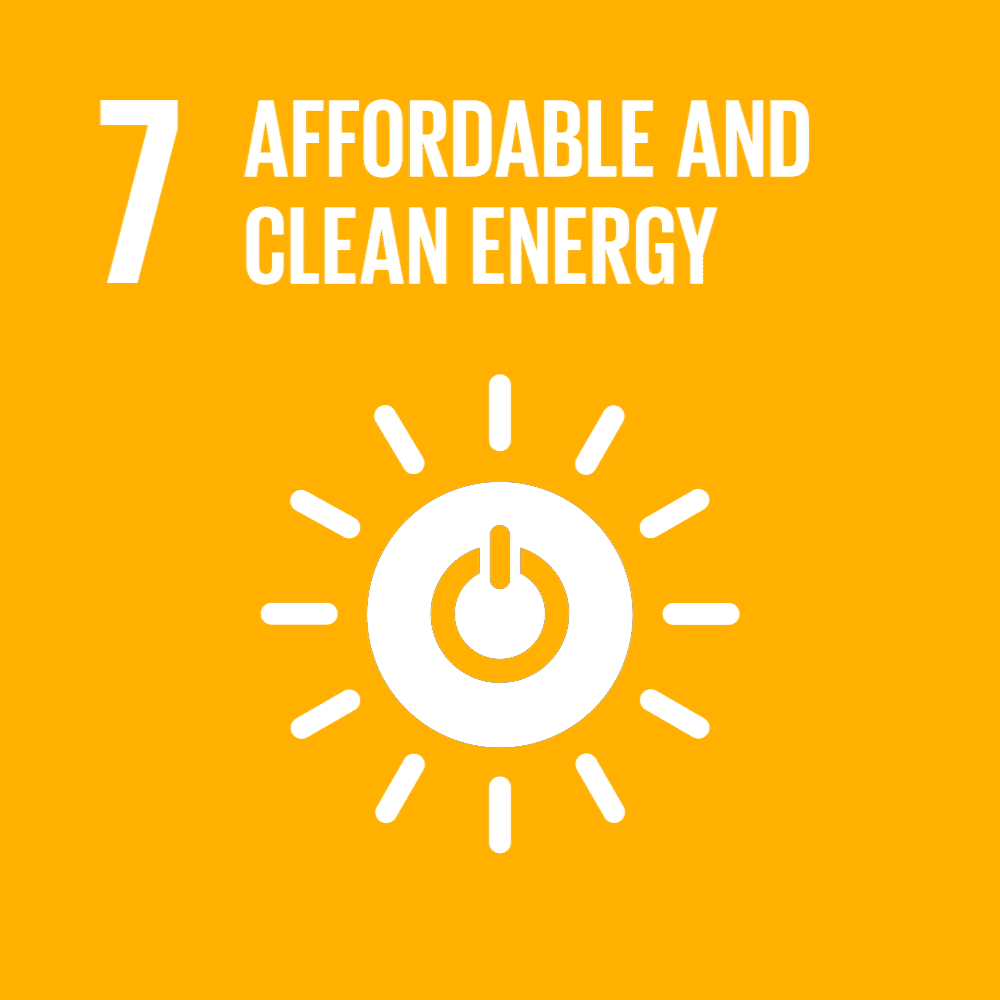

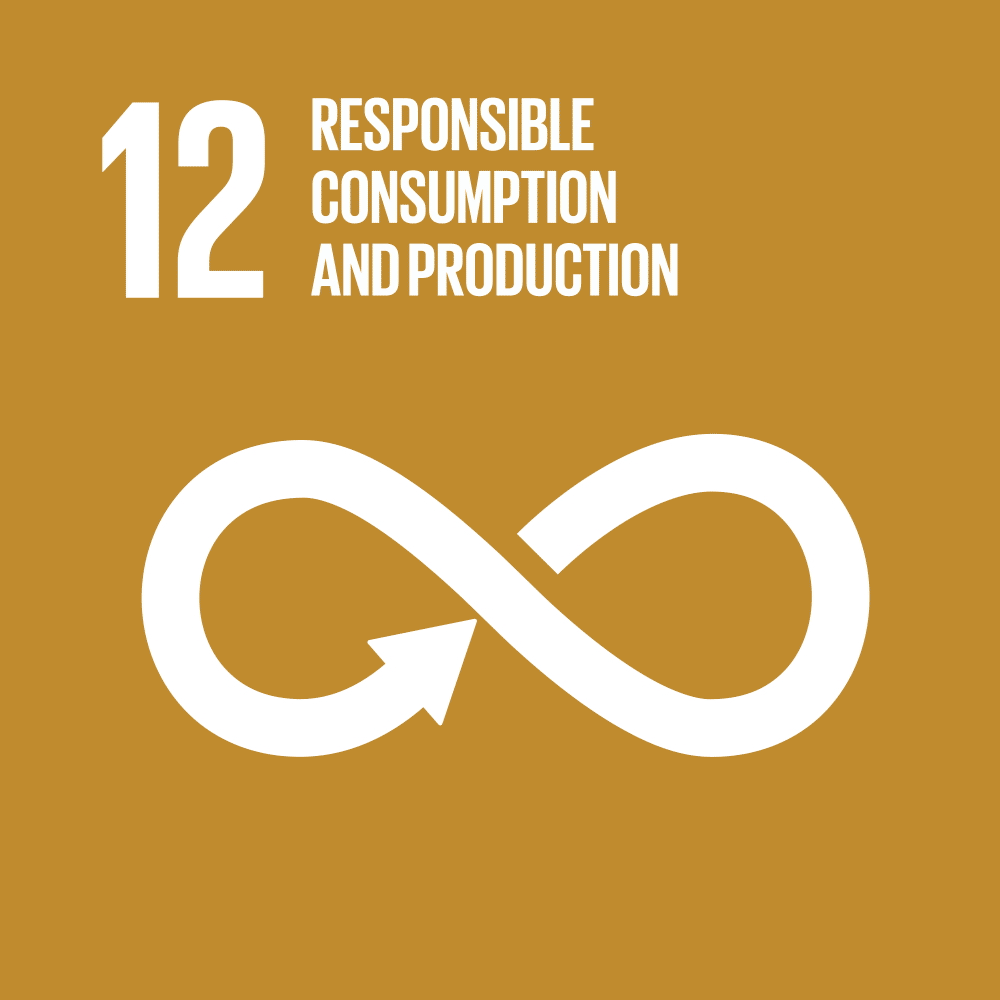
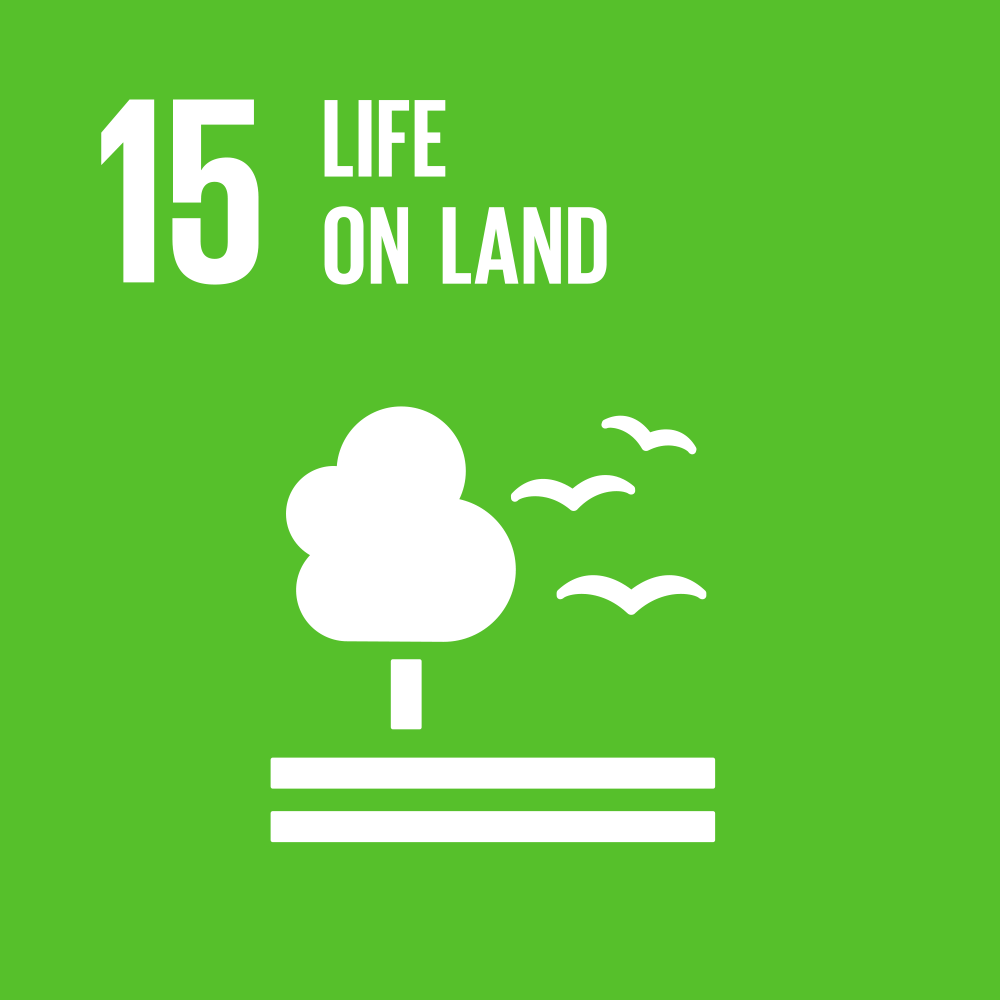











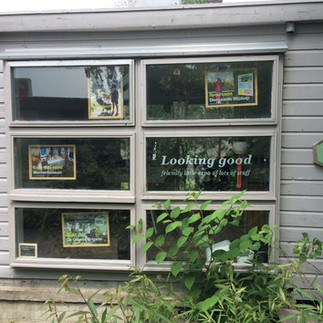
Commentaires